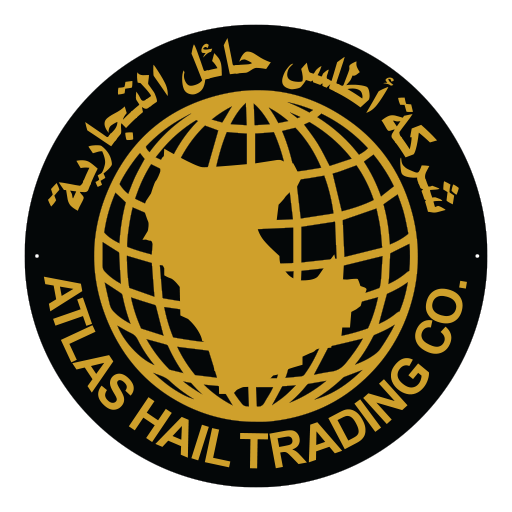Introduction: Sustainable Construction Practices
As part of its Vision 2030 plan, Saudi Arabia is striving to become a leader in sustainable development. One area where this commitment is most evident is in the construction industry, where developers are increasingly adopting green building practices and sustainable materials. For construction companies and suppliers like Atlas Hail, this shift presents new opportunities to provide eco-friendly products and services that meet the kingdom’s environmental goals.
This blog will explore the rise of sustainable construction practices in Saudi Arabia, including the government’s initiatives, the benefits of green building, and how Atlas Hail is contributing to this important movement by providing sustainable construction materials.
Government Initiatives to Promote Sustainability
The Saudi government has implemented several policies aimed at promoting sustainability in construction. These include building regulations that require developers to use energy-efficient systems, water-saving technologies, and environmentally friendly materials in their projects. The goal is to reduce carbon emissions, conserve resources, and create environmentally responsible buildings that minimize environmental impact.
The Saudi Green Building Council has also developed guidelines for sustainable construction that align with international green building standards, including LEED (Leadership in Energy and Environmental Design). These guidelines are pushing the construction industry toward greener practices, making it necessary for suppliers like Atlas Hail to provide eco-friendly products.
The Benefits of Sustainable Construction
Sustainable construction offers numerous advantages, both for developers and the environment. One of the primary benefits is cost savings. Energy-efficient buildings are cheaper to operate because they use less electricity for heating and cooling, and water-saving systems lower utility bills. Moreover, buildings constructed with sustainable materials tend to have a longer lifespan, reducing the need for frequent repairs or replacements.
From an environmental perspective, sustainable buildings contribute to reducing carbon emissions and conserving natural resources. They are designed to have a minimal impact on the environment by using renewable energy sources, recycling waste, and reducing water consumption. These practices are particularly important in Saudi Arabia, where water scarcity is a significant issue.
Atlas Hail’s Contribution to Sustainable Construction
Atlas Hail has recognized the importance of sustainability in Saudi Arabia’s construction sector and has made it a priority to offer green building materials. The company provides products like energy-efficient insulation, solar panels, LED lighting systems, and water-saving fixtures that align with Saudi Arabia’s green building standards.
By partnering with Atlas Hail, contractors and developers can ensure that their projects meet the sustainability criteria required for certification by the Saudi Green Building Council. Atlas Hail is committed to helping Saudi Arabia achieve its environmental goals while contributing to the success of each construction project.
Conclusion: The Future of Sustainable Construction in Saudi Arabia
As Vision 2030 continues to drive growth and development in Saudi Arabia, sustainable construction practices will play an increasingly important role in the nation’s development. Atlas Hail is proud to be part of this movement, providing high-quality, eco-friendly materials that help developers and contractors build more sustainably. By embracing green building practices, Saudi Arabia is not only ensuring a brighter future for its citizens but also positioning itself as a global leader in sustainable development.


